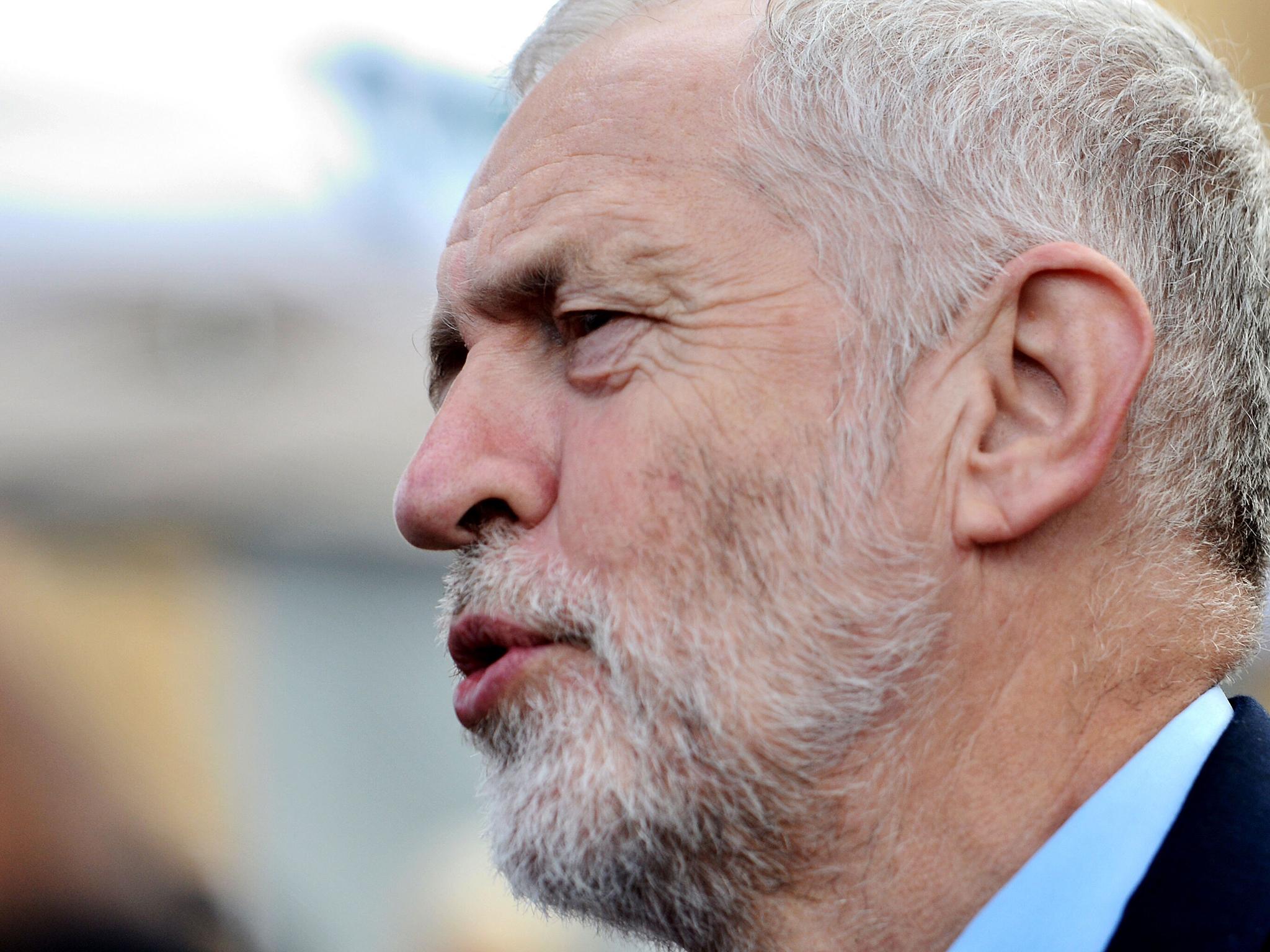To understand the British public's shift towards Jeremy Corbyn, we must look back to 1945
Clement Attlee led the Labour Party to an overwhelming victory over the Conservatives – even though its leader, Winston Churchill, was fresh from masterminding Britain’s victory in the Second World War


Your support helps us to tell the story
From reproductive rights to climate change to Big Tech, The Independent is on the ground when the story is developing. Whether it's investigating the financials of Elon Musk's pro-Trump PAC or producing our latest documentary, 'The A Word', which shines a light on the American women fighting for reproductive rights, we know how important it is to parse out the facts from the messaging.
At such a critical moment in US history, we need reporters on the ground. Your donation allows us to keep sending journalists to speak to both sides of the story.
The Independent is trusted by Americans across the entire political spectrum. And unlike many other quality news outlets, we choose not to lock Americans out of our reporting and analysis with paywalls. We believe quality journalism should be available to everyone, paid for by those who can afford it.
Your support makes all the difference.A new poll shows an extraordinary swing to the left in British politics. The Legatum Institute has found that “on almost every issue” the public tends to favour “non-free market ideals rather than those of the free market”. So as far as regulation is concerned, it finds that instead of an unregulated economy, “the public favours regulation”.
Turning to the profit motive, Legatum’s polling reveals that rather than companies “striving for profit above all else”, the public wants “businesses to make less profit and be more socially responsible”. At the same time, it appears that the privatisation of natural utilities – such as water, electricity, gas and the railways – is no longer popular. There is also disapproval of the high salaries paid to senior executives, where the public wants caps imposed.
In short, this survey suggests that the capitalism “brand” is in crisis. It is seen as “greedy, selfish and corrupt”. Indeed public opinion seems to regard capitalism much less highly than some other “isms” such as liberalism, socialism and patriotism.
This left swing is a recent change in public opinion. For its unexpected appearance and significance, the only comparison I can make is with the 1945 general election result. It was then that, against all expectations, Clement Attlee led the Labour Party to an overwhelming victory over the Conservatives – even though its leader, Winston Churchill, was fresh from masterminding Britain’s victory in the Second World War. Indeed, the election took place less than two months after VE Day.
There has never been a victory at the polls like it. Nothing before or since has ever come close to the 12.0 per cent national swing away from the Conservative Party that Labour achieved in 1945. So great was the shock that the then-owner of the Financial Times, the first Lord Camrose, sold out. There could be no future for a financial newspaper, he thought.
However, if you read the Labour Party manifesto of 1945, you begin to see why the party did so well. And you will also be reminded why a well-written, passionate manifesto can attract votes. I hope readers will forgive the length of this extract, but it very well captures the essence of Labour’s argument all those years ago:
“The people made tremendous efforts to win the last war (1914-1918) also. But when they had won it, they lacked a lively interest in the social and economic problems of peace, and accepted the election promises of the leaders of the anti-Labour parties at their face value. So the ‘hard-faced men who had done well out of the war’ were able to get the kind of peace that suited themselves. The people lost that peace. And when we say ‘peace’ we mean not only the Treaty (of Versailles), but the social and economic policy which followed the fighting.”
The 1945 Manifesto went on: “In the years that followed, the ‘hard-faced men’ and their political friends kept control of the Government. They controlled the banks, the mines, the big industries, largely the press and the cinema. They controlled the means by which the people got their living. They controlled the ways by which most of the people learned about the world outside. This happened in all the big industrialised countries.
“Great economic blizzards swept the world in those years. The great inter-war slumps were not acts of God or of blind forces. They were the sure and certain result of the concentration of too much economic power in the hands of too few men.”
Reading this, it is no surprise that nationalisation on a wide scale, including the steel industry, was a key policy recommendation – and was duly carried out.
The Labour Party’s 2017 manifesto was dull compared with its 1945 predecessor. The emotion that Jeremy Corbyn generates from the platform is not carried through to the printed page.
But perhaps you cannot have both. Attlee was a dull speaker who produced a sparkling manifesto. Corbyn is the reverse. You can also argue that in the age of television, radio and social media, the written word matters much less. I strongly doubt that is true. Labour’s 1945 manifesto was too powerful to be ignored.
Join our commenting forum
Join thought-provoking conversations, follow other Independent readers and see their replies
Comments